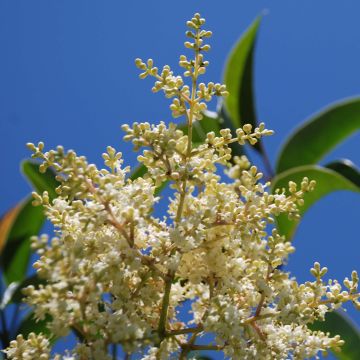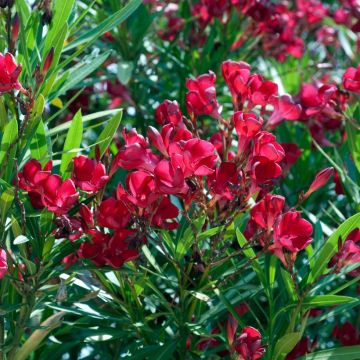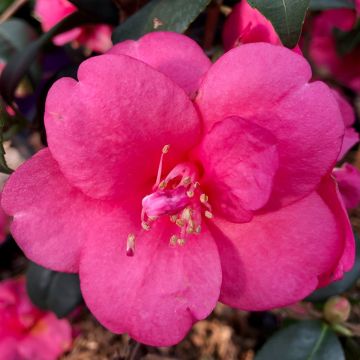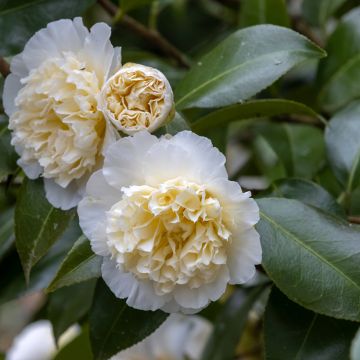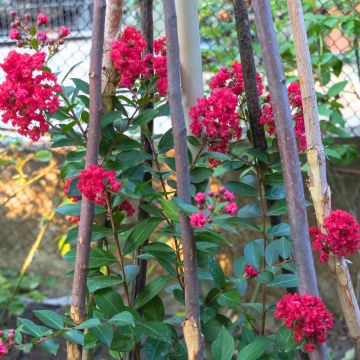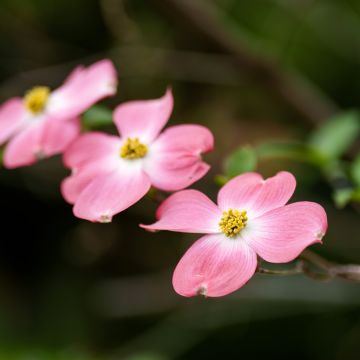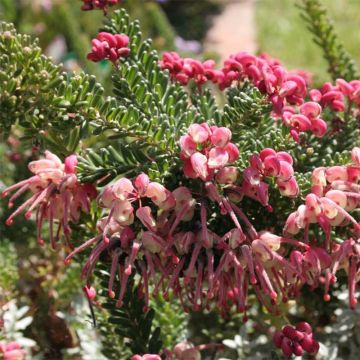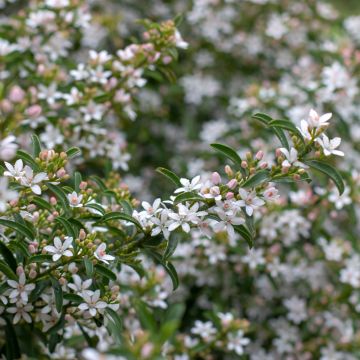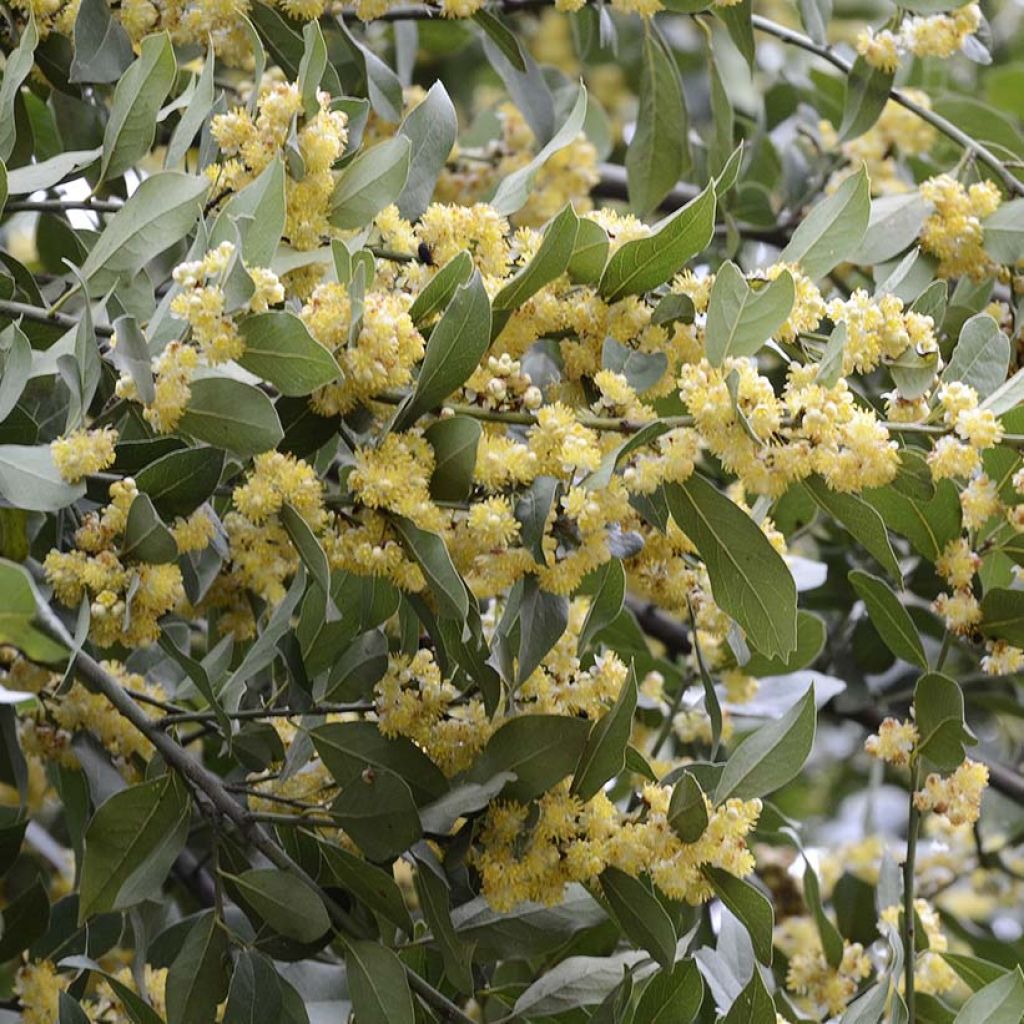

Laurus nobilis - Bay Laurel
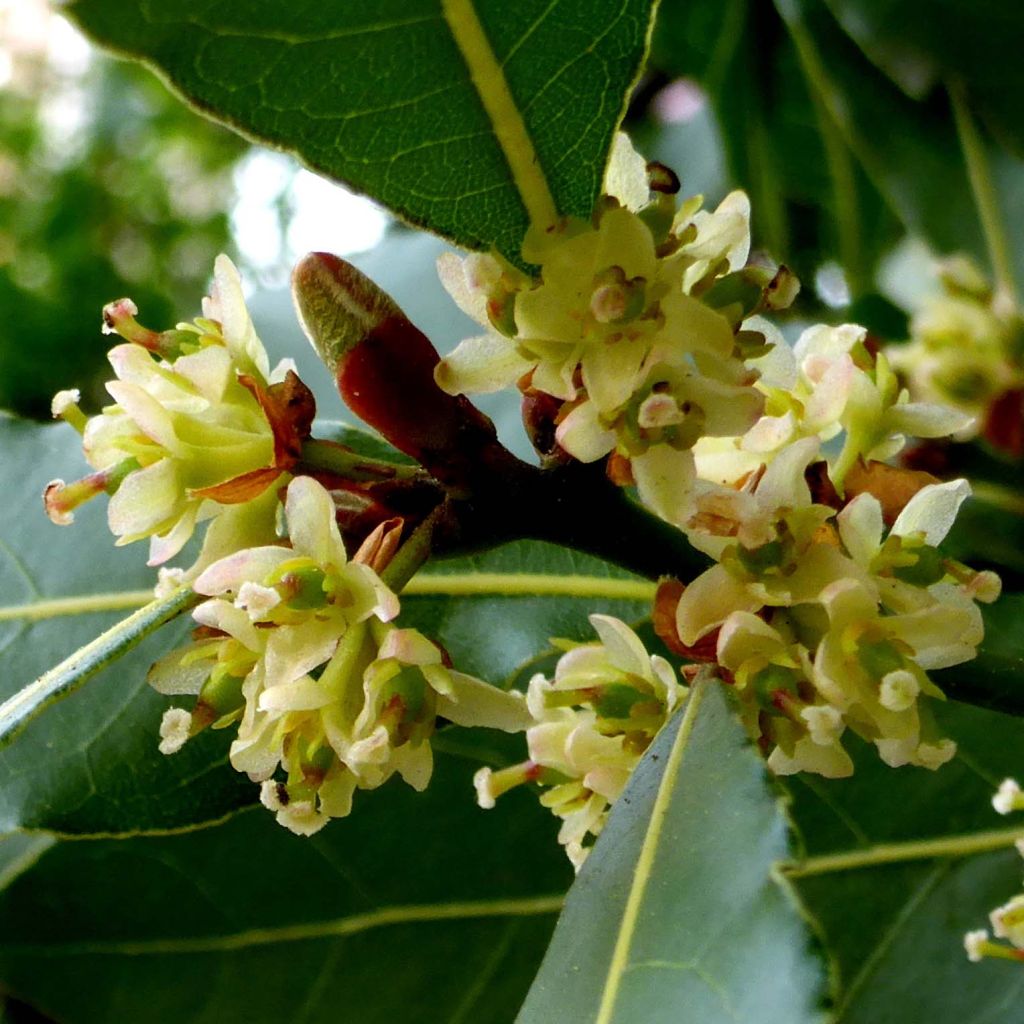

Laurus nobilis - Bay Laurel
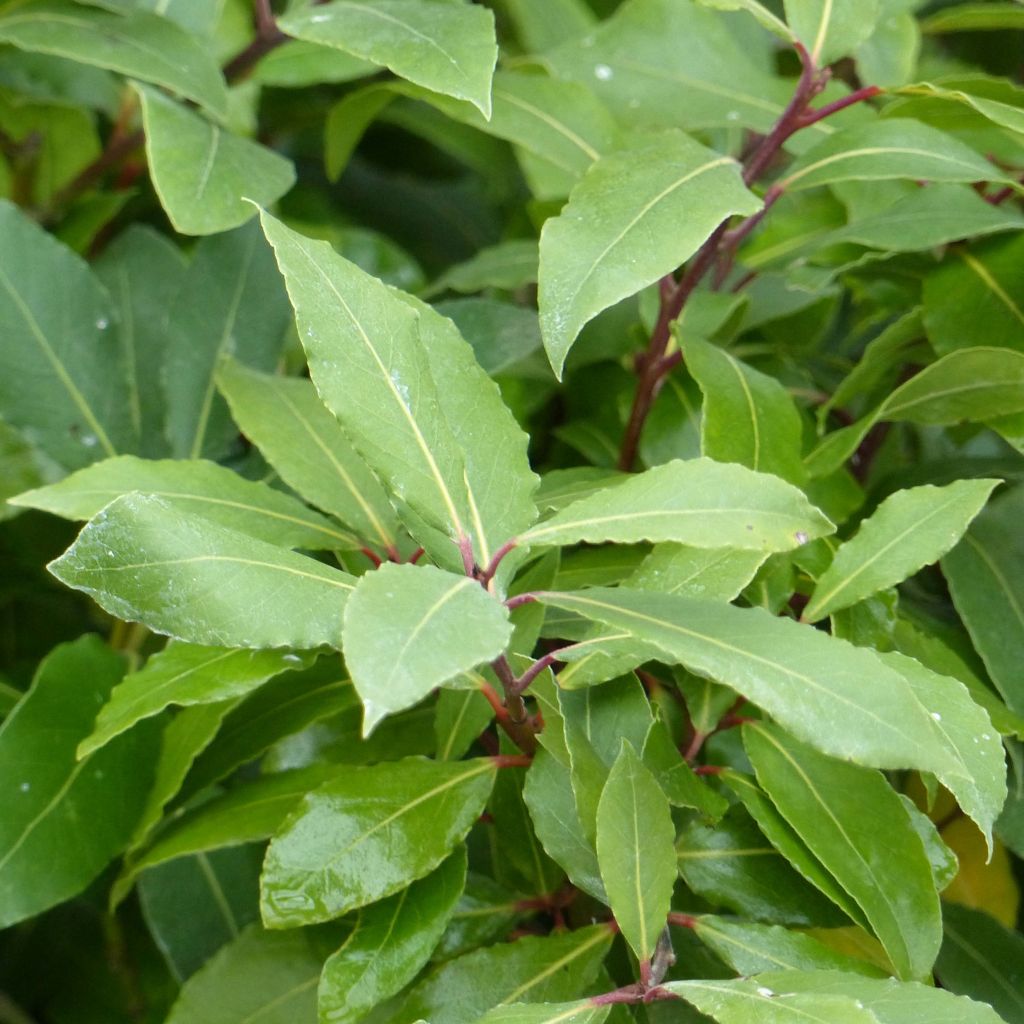

Laurus nobilis - Bay Laurel
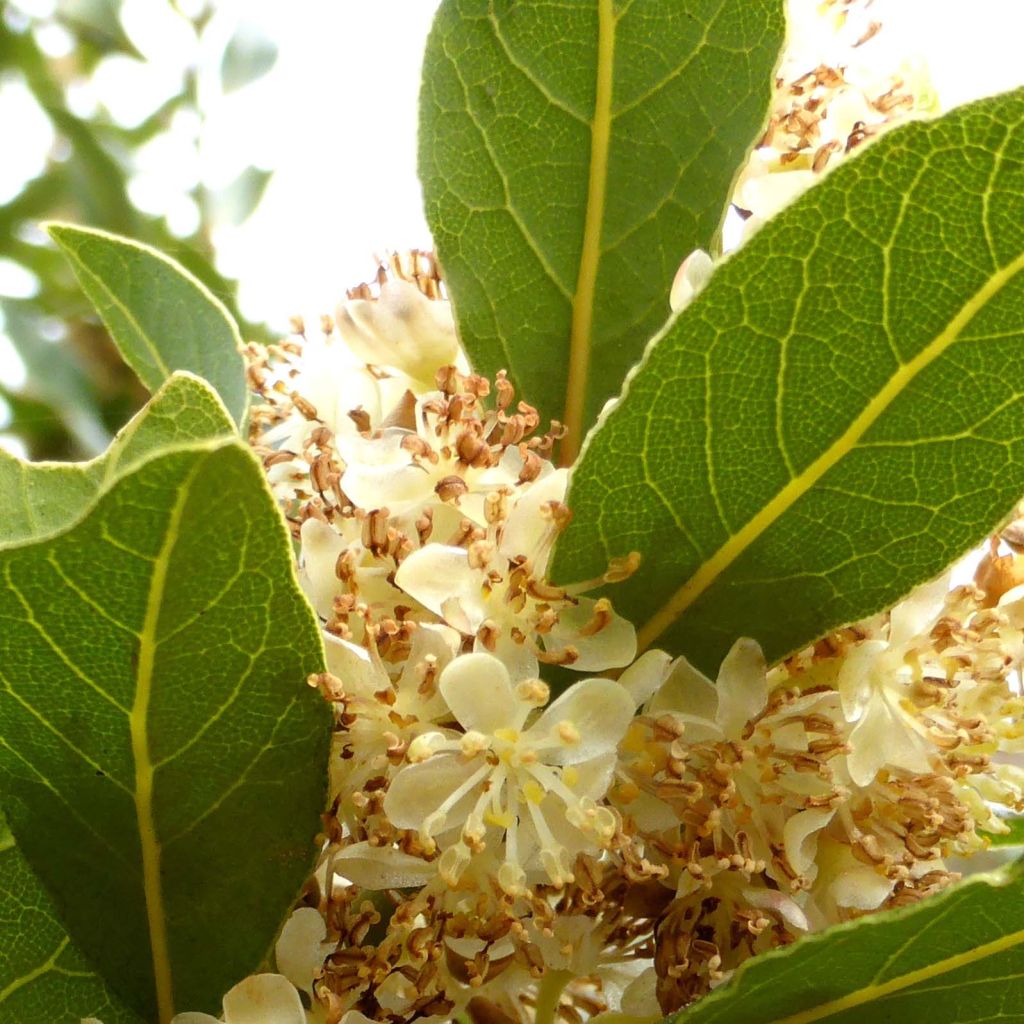

Laurus nobilis - Bay Laurel
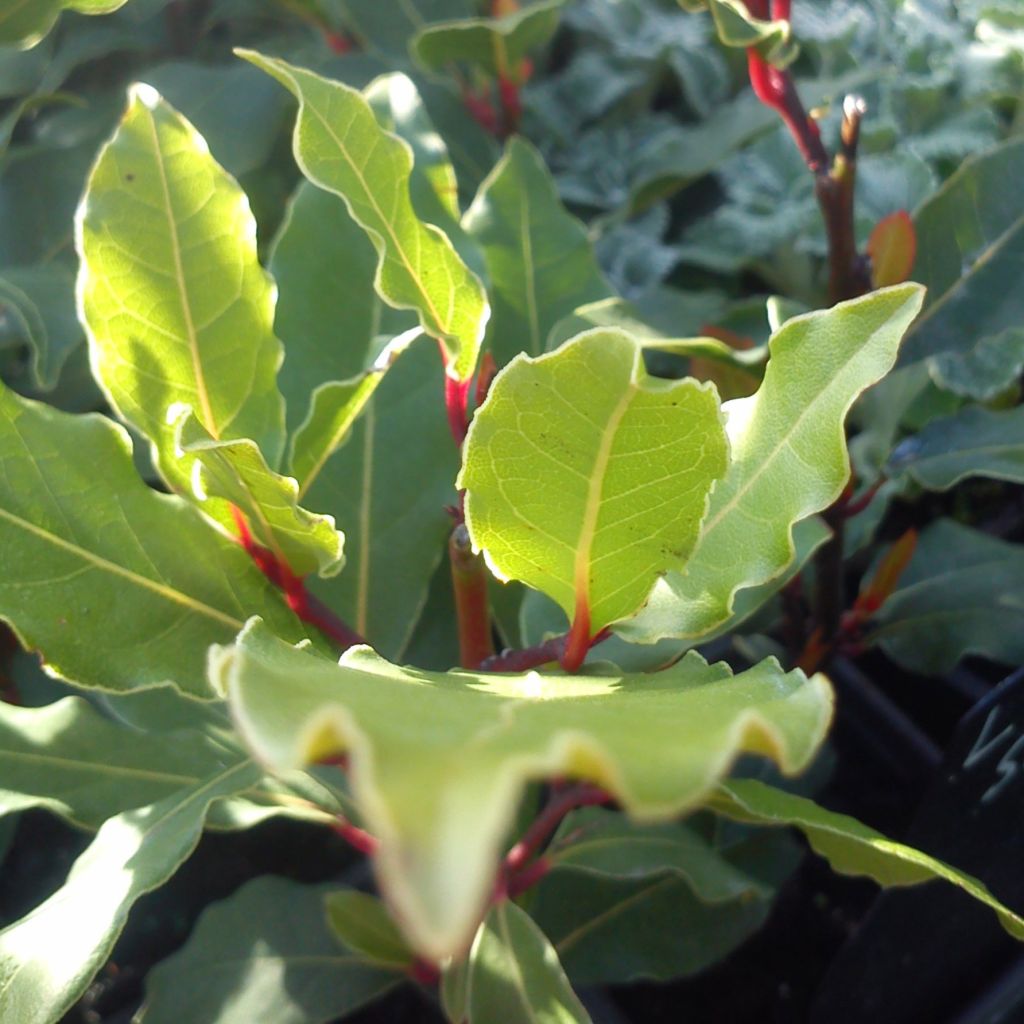

Laurus nobilis - Bay Laurel
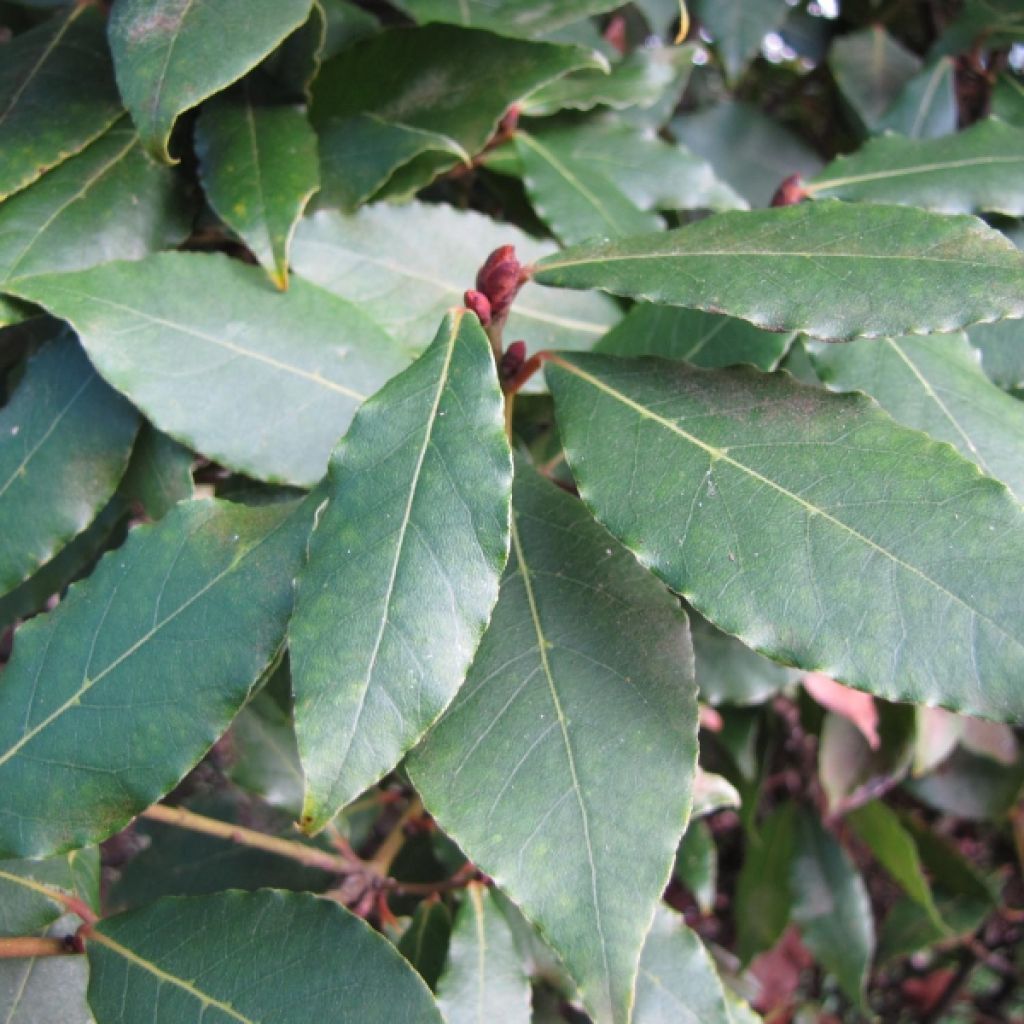

Laurus nobilis - Bay Laurel
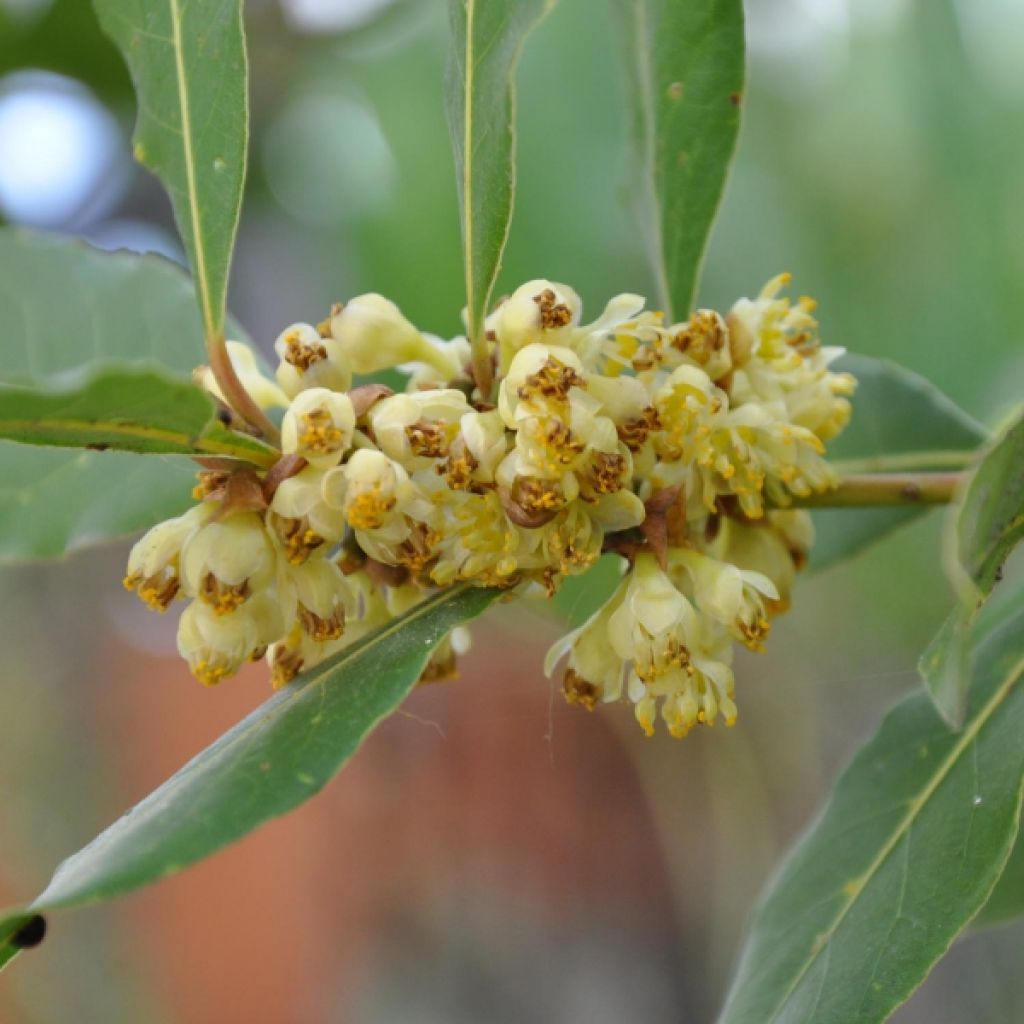

Laurus nobilis - Bay Laurel
Laurus nobilis - Bay Laurel
Laurus nobilis
Bay Laurel, Bay Tree, Sweet Bay
Beautiful, vigorous young plant, measuring more than double the expected size. I'm delighted and hope it will thrive on the terrace in the pot I've found for it.
LB, 17/01/2026
Special offer!
Receive a €20 voucher for any order over €90 (excluding delivery costs, credit notes, and plastic-free options)!
1- Add your favorite plants to your cart.
2- Once you have reached €90, confirm your order (you can even choose the delivery date!).
3- As soon as your order is shipped, you will receive an email containing your voucher code, valid for 3 months (90 days).
Your voucher is unique and can only be used once, for any order with a minimum value of €20, excluding delivery costs.
Can be combined with other current offers, non-divisible and non-refundable.
Home or relay delivery (depending on size and destination)
Schedule delivery date,
and select date in basket
This plant carries a 6 months recovery warranty
More information
We guarantee the quality of our plants for a full growing cycle, and will replace at our expense any plant that fails to recover under normal climatic and planting conditions.

Description
The Bay Laurel (Laurus nobilis) is an evergreen bush with highly aromatic leaves. Its leaves, when combined with thyme, rosemary, and parsley, make an ideal bouquet garni for flavouring stews and sauces. Plant in spring or autumn, harvest leaves all year round.
The Bay Laurel is a bush native to the Mediterranean region, symbolizing victory in ancient times. Its lanceolate, persistent leaves are highly aromatic. The Bay Laurel is hardy down to -10°C. It can be planted in a sheltered spot or as a hedge, and can be cultivated in both vegetable and ornamental gardens, or even in a large pot. Make sure to allocate a large space as it can quickly grow in size. If not pruned, it can reach several metres in height and width. Although not essential, pruning the Bay Laurel can control its height and give it a decorative shape. The Bay Laurel flowers in spring, producing small cream-coloured flowers. The berries are used in the production of Aleppo soap.
Unlike the oleander and cherry laurel, the leaves of the Bay Laurel are edible. Used alone or as part of a bouquet garni, along with thyme, parsley, and rosemary, Bay Laurel leaves add flavour to stews, sauces, marinades, and soups. They can also be used for infusions.
Harvesting: Pick leaves throughout the year as needed. However, avoid the flowering period as it makes the leaves more bitter.
Storage: The leaves are best consumed fresh to fully enjoy their flavour. However, you can dry them by hanging a bunch of stems upside down in a dry and well-ventilated place. Store them afterwards in a container protected from light and humidity.
Gardener's tip: To keep the leaves fresh in summer and protect them from the cold in winter, we recommend mulching the soil with thin successive layers of grass clippings, ideally mixed with dead leaves. This protection helps the soil retain moisture and also reduces weed growth.
Report an error about the product description
Laurus nobilis - Bay Laurel in pictures


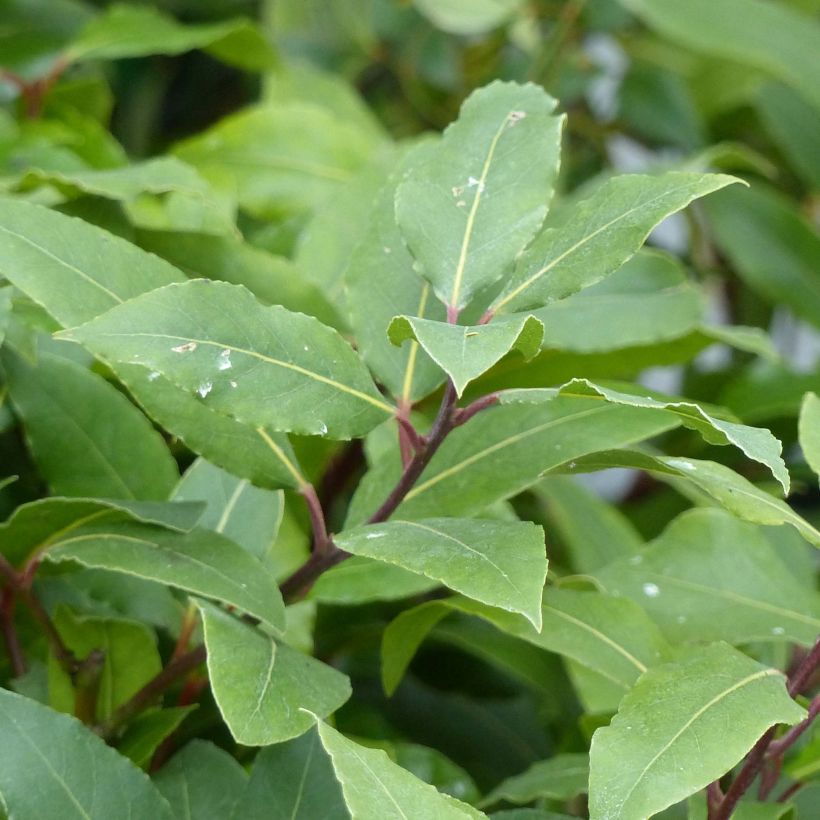



Harvest
Plant habit
Foliage
Planting and care
Bay Laurel prefers rich, light soils and a sunny exposure, possibly in partial shade. It appreciates sheltered spots. Planting is best done in spring or autumn. A few months before planting, add well-rotted compost after loosening the soil.
Loosen the soil deeply. If your soil is damp, add sand. Soak the root ball in water for 1/2 hour before planting. Dig a hole (3 times the volume of the root ball), place the root ball and cover with fine soil. Firmly tamp down and water generously. Install a stake during the first two years of growth. During cultivation, water only in case of drought. Apply compost on the surface every spring. Remove the flowers to prevent spontaneous seedlings.
Pruning is not essential but sometimes necessary, depending on its location in the garden. Bay Laurel can also be trained as a topiary, to give it a decorative shape. Pruning takes place after flowering in spring, and if necessary, in autumn. It is also possible to completely cut back Bay Laurel to 20 cm (7.9 in) from the ground, especially in case of strong frost.
Cultivation is possible in pots. Install a layer of gravel at the bottom of the pot to facilitate drainage. Fill it with potting soil, place the root ball and cover with soil. Water regularly, without allowing water to stagnate in the saucer. Plan to repot it every 2 to 3 years.
Cultivation
Care
Intended location
-
, onOrder confirmed
Reply from on Promesse de fleurs
Similar products
Haven't found what you were looking for?
Hardiness is the lowest winter temperature a plant can endure without suffering serious damage or even dying. However, hardiness is affected by location (a sheltered area, such as a patio), protection (winter cover) and soil type (hardiness is improved by well-drained soil).

Photo Sharing Terms & Conditions
In order to encourage gardeners to interact and share their experiences, Promesse de fleurs offers various media enabling content to be uploaded onto its Site - in particular via the ‘Photo sharing’ module.
The User agrees to refrain from:
- Posting any content that is illegal, prejudicial, insulting, racist, inciteful to hatred, revisionist, contrary to public decency, that infringes on privacy or on the privacy rights of third parties, in particular the publicity rights of persons and goods, intellectual property rights, or the right to privacy.
- Submitting content on behalf of a third party;
- Impersonate the identity of a third party and/or publish any personal information about a third party;
In general, the User undertakes to refrain from any unethical behaviour.
All Content (in particular text, comments, files, images, photos, videos, creative works, etc.), which may be subject to property or intellectual property rights, image or other private rights, shall remain the property of the User, subject to the limited rights granted by the terms of the licence granted by Promesse de fleurs as stated below. Users are at liberty to publish or not to publish such Content on the Site, notably via the ‘Photo Sharing’ facility, and accept that this Content shall be made public and freely accessible, notably on the Internet.
Users further acknowledge, undertake to have ,and guarantee that they hold all necessary rights and permissions to publish such material on the Site, in particular with regard to the legislation in force pertaining to any privacy, property, intellectual property, image, or contractual rights, or rights of any other nature. By publishing such Content on the Site, Users acknowledge accepting full liability as publishers of the Content within the meaning of the law, and grant Promesse de fleurs, free of charge, an inclusive, worldwide licence for the said Content for the entire duration of its publication, including all reproduction, representation, up/downloading, displaying, performing, transmission, and storage rights.
Users also grant permission for their name to be linked to the Content and accept that this link may not always be made available.
By engaging in posting material, Users consent to their Content becoming automatically accessible on the Internet, in particular on other sites and/or blogs and/or web pages of the Promesse de fleurs site, including in particular social pages and the Promesse de fleurs catalogue.
Users may secure the removal of entrusted content free of charge by issuing a simple request via our contact form.
The flowering period indicated on our website applies to countries and regions located in USDA zone 8 (France, the United Kingdom, Ireland, the Netherlands, etc.)
It will vary according to where you live:
- In zones 9 to 10 (Italy, Spain, Greece, etc.), flowering will occur about 2 to 4 weeks earlier.
- In zones 6 to 7 (Germany, Poland, Slovenia, and lower mountainous regions), flowering will be delayed by 2 to 3 weeks.
- In zone 5 (Central Europe, Scandinavia), blooming will be delayed by 3 to 5 weeks.
In temperate climates, pruning of spring-flowering shrubs (forsythia, spireas, etc.) should be done just after flowering.
Pruning of summer-flowering shrubs (Indian Lilac, Perovskia, etc.) can be done in winter or spring.
In cold regions as well as with frost-sensitive plants, avoid pruning too early when severe frosts may still occur.
The planting period indicated on our website applies to countries and regions located in USDA zone 8 (France, United Kingdom, Ireland, Netherlands).
It will vary according to where you live:
- In Mediterranean zones (Marseille, Madrid, Milan, etc.), autumn and winter are the best planting periods.
- In continental zones (Strasbourg, Munich, Vienna, etc.), delay planting by 2 to 3 weeks in spring and bring it forward by 2 to 4 weeks in autumn.
- In mountainous regions (the Alps, Pyrenees, Carpathians, etc.), it is best to plant in late spring (May-June) or late summer (August-September).
The harvesting period indicated on our website applies to countries and regions in USDA zone 8 (France, England, Ireland, the Netherlands).
In colder areas (Scandinavia, Poland, Austria...) fruit and vegetable harvests are likely to be delayed by 3-4 weeks.
In warmer areas (Italy, Spain, Greece, etc.), harvesting will probably take place earlier, depending on weather conditions.
The sowing periods indicated on our website apply to countries and regions within USDA Zone 8 (France, UK, Ireland, Netherlands).
In colder areas (Scandinavia, Poland, Austria...), delay any outdoor sowing by 3-4 weeks, or sow under glass.
In warmer climes (Italy, Spain, Greece, etc.), bring outdoor sowing forward by a few weeks.

































